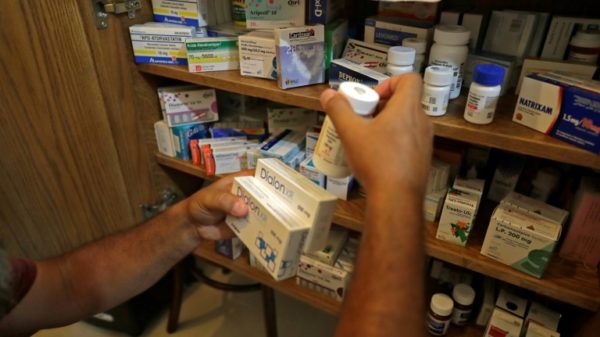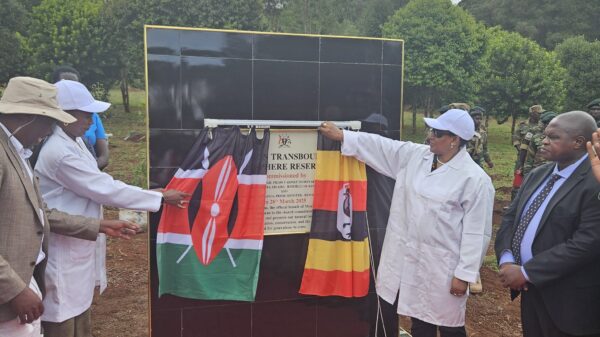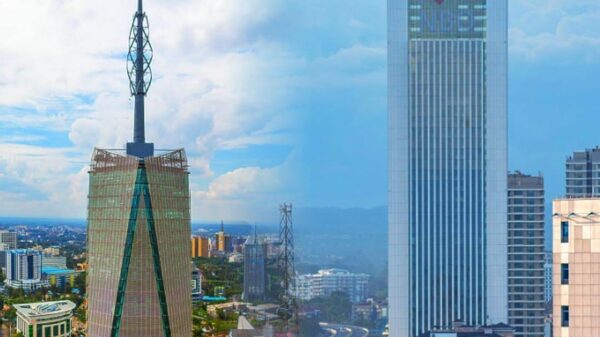May 22 – India has rapidly transformed into a global health leader over the past decade, driven by affordability, innovation, and inclusivity in its healthcare and pharmaceutical sectors.
The country’s pharmaceutical industry ranks third globally in volume and 14th in value. It is the largest supplier of generic medicines, accounting for 20 per cent of the world’s supply, and plays a pivotal role in providing affordable vaccines worldwide.
In the financial year 2023–24, the industry’s turnover reached Rs 4.17 lakh crore, maintaining an annual growth rate of over 10 per cent for the past five years. This expansion has led to greater access to low-cost medicines, improved healthcare, and the creation of jobs across the country—from labs and factories in small towns to major urban centres.
The government attributes this success to targeted policy interventions and flagship schemes.
One such initiative is the Pradhan Mantri Bhartiya Janaushadhi Pariyojana (PMBJP), which operates 15,479 Jan Aushadhi Kendras across the country. These centres provide generic medicines at prices up to 80 per cent lower than their branded counterparts—a heart medicine that once cost Rs 500 may now sell for just Rs 100.
The Production Linked Incentive (PLI) Scheme for Pharmaceuticals, with an outlay of Rs 15,000 crore, supports 55 projects to manufacture high-end drugs, including those for cancer and diabetes, domestically. A related PLI scheme worth Rs 6,940 crore focuses on producing key raw materials like Penicillin G to reduce import dependency.
For medical devices, the government has rolled out a PLI scheme worth Rs 3,420 crore, aimed at boosting local production of essential equipment such as MRI machines and cardiac implants.
The Promotion of Bulk Drug Parks Scheme, backed by Rs 3,000 crore, is developing large-scale drug manufacturing hubs in Gujarat, Himachal Pradesh, and Andhra Pradesh to speed up production and lower costs.
Meanwhile, the Strengthening of Pharmaceuticals Industry (SPI) Scheme, with a budget of Rs 500 crore, funds R&D and infrastructure upgrades to help Indian pharma companies stay globally competitive.
“These efforts mean medicines are made in India, for India and for the world, keeping costs low and quality high,” the government said in a statement.
India’s vaccine manufacturing strength is equally remarkable. It supplies 55–60 per cent of UNICEF’s vaccines and meets 99 per cent of the WHO’s demand for the DPT vaccine, 52 per cent for BCG (used against tuberculosis), and 45 per cent for measles. From Africa to the Americas, Indian-made vaccines are saving millions of lives.
These schemes have also opened up job opportunities for young Indians—from factory floors to cutting-edge research labs. Foreign investors have taken notice, with Rs 12,822 crore flowing into the sector in 2023–24 alone.
India allows 100 per cent foreign direct investment (FDI) in medical devices and greenfield pharma projects, making it an attractive destination for global companies.
India’s pharmaceutical sector is more than just a high-growth industry—it is a lifeline. With government-backed initiatives like PMBJP, PLI schemes, and Bulk Drug Parks, the country is paving the way for a healthier, self-reliant future—both at home and abroad.

































